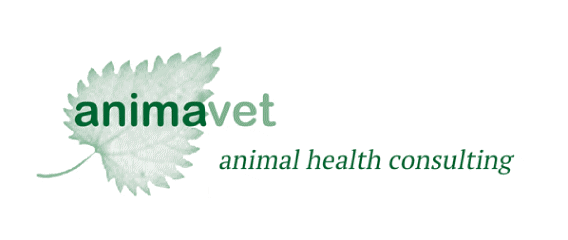
Christine King BVSc, MANZCVS (equine), MVetClinStud
Hendra: why not just go ahead and vaccinate?
Benefits
The vaccine
The research published to date indicates that the HeV vaccine is effective in eliciting a protective immune response and limiting viral shedding when given as directed.
However, we're going on very limited data here.
In the pivotal study required for vaccine approval, horses were experimentally challenged with a large amount of HeV isolated from the 2008 HeV outbreak in Redlands, Qld. However, it's worth noting that this study included only 10 vaccinated horses and 4 unvaccinated horses, and all horses were euthanised by day 9 after viral challenge.
A 2-year-long field study involving a herd of (initially) 57 horses showed that horses do mount an antibody response to HeV vaccination under 'field' (real-world) conditions that is expected to be protective. However, only 29 horses were available for antibody testing at the first annual booster and 26 horses at the second annual booster. So, the current recommendations are based on data from less than 30 horses. Furthermore, while antibody levels were highly variable among horses, this study calls into question the need for annual boosters.
To date, no fully vaccinated horses have developed HeV infection — but that's not saying a whole lot: even before we had a vaccine, HeV outbreaks have been very uncommon, patchy, and typically involved only a handful of horses. The vaccine has been in widespread use only since it was registered in August 2015, so it's too soon to be making very much of its real-world performance.
If you're interested in doing a deep dive into the two studies I mentioned here, click on these links:
Experimental vaccine challenge study
Otherwise, read on...
Risks
Benefits
- the vaccine
- vaccination status
© Christine M. King, 2020. All rights reserved. Last updated 20 August 2020.